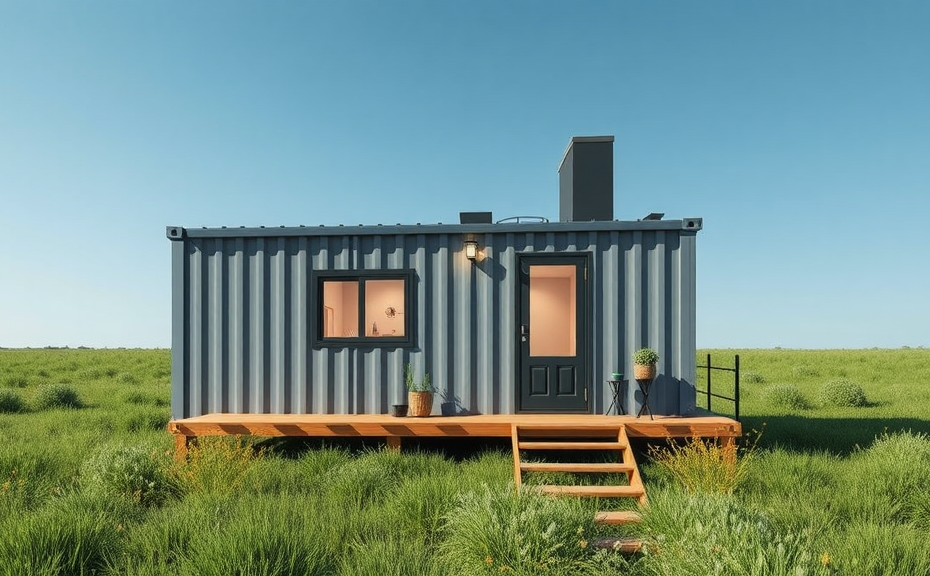When considering sustainable living options, many people explore the debate: is a tiny house better than a container home? Both choices reflect a minimalist lifestyle, yet they come with distinct advantages and challenges that cater to different needs and preferences.
Cost Efficiency
A tiny house typically offers a lower initial investment compared to a container home. Prices for tiny homes can range significantly based on materials and customizations, whereas shipping containers can be purchased relatively inexpensively. However, one must factor in renovation costs for container homes, which may elevate the overall expenditure.
Mobility
For those seeking mobility, tiny houses have the upper hand. Many are built on trailers, making them easy to tow from one location to another. Container homes, on the other hand, are fixed structures that may require heavy machinery for relocation, thereby limiting mobility.
Space Utilization
Tiny houses maximize every square foot through clever designs. They often incorporate multifunctional furniture to create versatile living spaces. Container homes provide ample square footage but require creative interior layouts to fully utilize their width and height.
Environmental Impact
Both tiny houses and container homes can be environmentally friendly options. Tiny homes usually focus on renewable materials and energy-efficient designs. Meanwhile, container homes repurpose shipping containers, reducing waste in landfills and promoting sustainability.
Ultimately, the decision hinges on personal lifestyle preferences, budget constraints, and functional needs. Whether leaning towards a tiny house or a container home, both choices promise unique living experiences in a compact, eco-friendly format.
